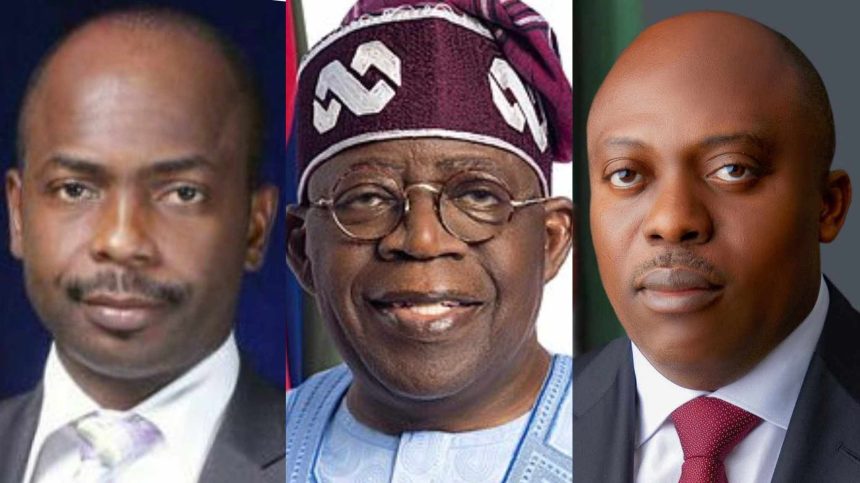I have opined that President Bola Tinubu is empowered under Section 305 of the 1999 Constitution to temporarily suspend civilian governance in order to restore law and order or in order to forestall an imminent breakdown of law and order.
This power is admittedly not express but implied because a declaration of state of emergency (where civil unrest has gone or is getting out of control) is essentially a declaration of Martial Law.
Where the President orders federal troops to temporarily move into any part of the country – where there is uncontrollable civil unrest – to restore law and order, the obvious implication is that the civilian authorities are to steer clear. It is for avoidance of doubt that Mr. President sent them on 6 months compulsory vacation.
Some persons have asked, “Assuming the President were to declare a state of emergency across the federation, will he suspend the National Assembly, and will he suspend himself?”
The answer is two-pronged: Yes, he can suspend the National Assembly. Further, he wouldn’t need to suspend himself. All he needs do is to simply remove his President’s hat and wear his C-in-C hat. This is because the President (unlike a Prime Minister) has dual personality, both as a civilian and as a military commander.
The NBA President in his Channels TV interview with Ṣeun Okinbaloye suggested that Martial Law can only be obtainable in a military dictatorship. This suggestion is erroneous, with the greatest respect.
Nigerian democracy and indeed the Nigerian Federal Constitution are patterned after those of the United States. There is a precedent from the United States, the most recent being what happened in the aftermath of Hurricane Katrina when New Orleans experienced a total breakdown of law and order.
Our Section 305 of the 1999 Constitution is almost identical with the provisions of the American Insurrection Act of 1807. The clear wordings of that statute is to the effect that the President of the United States has full authority to invoke the Insurrection Act in deserving circumstances, with or without a request from the state government. Following Hurricane Katrina, the White House Office of Legal Counsel arrived at the conclusion that the president had the legal authority to invoke the Act, whether the State or local officials liked it or not.
President George W. Bush ultimately decided against sending federal troops into New Orleans to restore law and order, but noted that he had full legal authority under the circumstances so to do. If George Bush had sent in federal troops, the then Governor of Louisiana, Mrs. Kathleen Blanco, may not be expressly told to steer clear; but that’s precisely what she’ll have to do, until law and order is restored by the federal troops.
Back to Nigeria, the six months compulsory vacation is not set in stone and could be revoked at any time, including in April or May. But in the meantime, Martial Law remains in force in Rivers State until law and order is restored.
Meanwhile, the views expressed hereunder are neither the views of the Nigerian Bar Association nor the Nigerian Law Society; they are simply my personal views which I am entitled to!
- Mr. Steve Sun is a senior lawyer and member of the Nigerian Law Society (NLS)
- The views expressed in this article are entirely those of the author and do not reflect the opinion of CITY LAWYER Magazine or its publishers.


Leave a Reply
You must be logged in to post a comment.